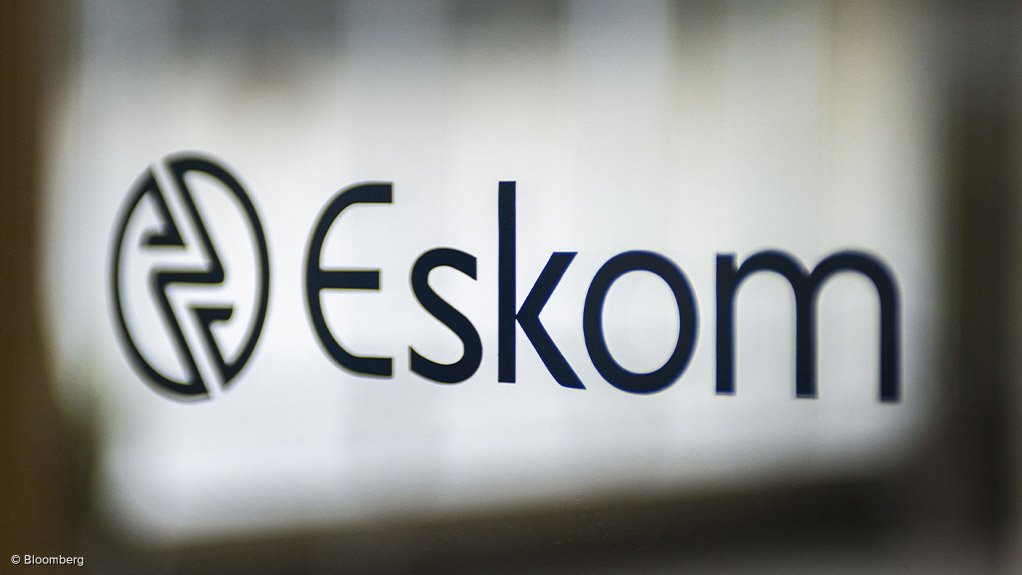/ MEDIA STATEMENT / The content on this page is not written by Polity.org.za, but is supplied by third parties. This content does not constitute news reporting by Polity.org.za.
The DA has today petitioned the Eskom System Operator (ESO), the body responsible for the national code of practice for loadshedding (NRS 048-9), over what appears to be a growing trend by Eskom to issue misleading load-shedding advisories in violation of the NRS 048-9.
Industry experts are of the view that, over the course of the past weekend, some parts of the country experienced 12 hours of load-shedding daily. According to the NRS-048 specifications, this is consistent with stage 8 load-shedding, yet Eskom insisted that they were load-shedding at Stage 6.
Our petition to the ESO is to request that they investigate whether Eskom is deliberately deviating from the provisions provided for in the NRS 048-9 when they are load-shedding at higher stages. If so, what is informing such a deviation and what are the impacts on consumers, especially if the load-shedding advisories are deliberately misleading.
With the release of the Medium Term System Adequacy Outlook report, it was already abundantly clear that Eskom’s operational reserves were of concern and that the operator was under pressure to hold steady in terms of unplanned breakdowns and planned maintenance. Yet by early November, the Minister of Electricity was optimistic that a corner had been turned and we were on the road to alleviating the load-shedding crisis. Eskom clearly had other plans.
So, are we being misled?
Within days of Minister Ramokgopa's pronouncements, the country was plunged into Stage 6 load-shedding. Or so we were led to believe. And in light of reports, it appears that, based on the hours of load-shedding experienced in certain areas, the Stage 6 pronouncement was nothing but a guise and that many parts of the country were actually experiencing Stage 8. 10 to 12 hours of loadshedding goes beyond the Stage 6 threshold. This is not the first time that there have been rumours that we have been load shed at higher levels than have been reported.
While Eskom is playing fast and loose with the NRS 048-9 regulations, the impact of load-shedding is threatening to hurt South Africans where it matters most. The CEO of Volkswagen was quoted in the media as saying that he was worried about the future of the German automakers’ manufacturing operations in South Africa, due in part to persistent load-shedding as well as the rail and port crisis. VW is one of the largest employers in the Eastern Cape and if they shut down, it will devastate the local economy, affecting thousands of jobs and related downstream industries.
The government has repeatedly called on South Africans to be part of solving the energy crisis by reducing demand, installing rooftop solar, allowing the use of smart meters and, most especially, understanding the burden that load-shedding places on us. But a partnership should be built on trust. And when it appears that Eskom is misleading the very people most affected by this crisis, trust is broken.
Issued by Samantha Graham-Maré MP - DA Shadow Minister of Electricity
EMAIL THIS ARTICLE SAVE THIS ARTICLE ARTICLE ENQUIRY
To subscribe email subscriptions@creamermedia.co.za or click here
To advertise email advertising@creamermedia.co.za or click here











